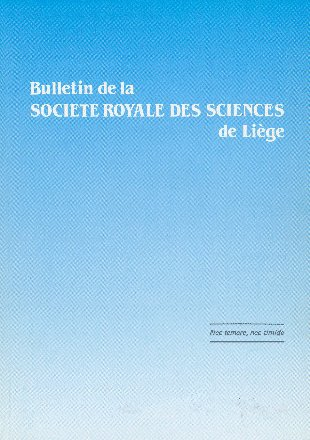- Home
- Volume 86 - Année 2017
- Special issue
- Exploration of Iranian Arabic teachers’ Beliefs about Teaching and Learning Second Language in Iranian high schools
View(s): 682 (4 ULiège)
Download(s): 246 (1 ULiège)
Exploration of Iranian Arabic teachers’ Beliefs about Teaching and Learning Second Language in Iranian high schools

Attached document(s)
original pdf fileAbstract
In second language teaching teachers decide how to teach, or he/she brings method of teaching in the classroom, and even in some cases it is the teacher who should select material and content for teaching. Eichler and Erens (2015) believe that the teachers have their individual reasoning for their selection of content, method, evaluation system. The reasoning of teachers is reflected in the work of other scholars, such as, “exploring teachers’ beliefs and their development are important topics in themselves” Lerman (2015). Or ‘Factors related to pedagogical beliefs of teachers and technology integration’ Liu (2011). The field of teachers’ belief is a new area in Iran, and the investigation of beliefs of teachers might be a searching of software of teachers as the main factors of process of teaching and learning. Study the teachers’ belief is helpful to investigate and discover the process of conceptualization and decision making by teachers. There are some works on English teachers’ belief, but the study about Arabic teachers’ belief was not found. This study wants to explore Arabic teachers’ belief as second language teachers in Iran. In addition to exploring the teachers’ belief, the source of beliefs was questioned. The researchers argue that inspecting of teachers’ belief should be in context, and the culture of the society in one hand, and government as authorized factor on other hand should be in spotlight of work of researchers, educators and all experts in the field. These factors at least are messy factors in all of the works in the field of teachers’ belief in Iran. Thus, by identifying and changing the beliefs many of the problems can be eliminated or improved. Sixty Arabic teachers participated in the research, and the instrument was interview.






